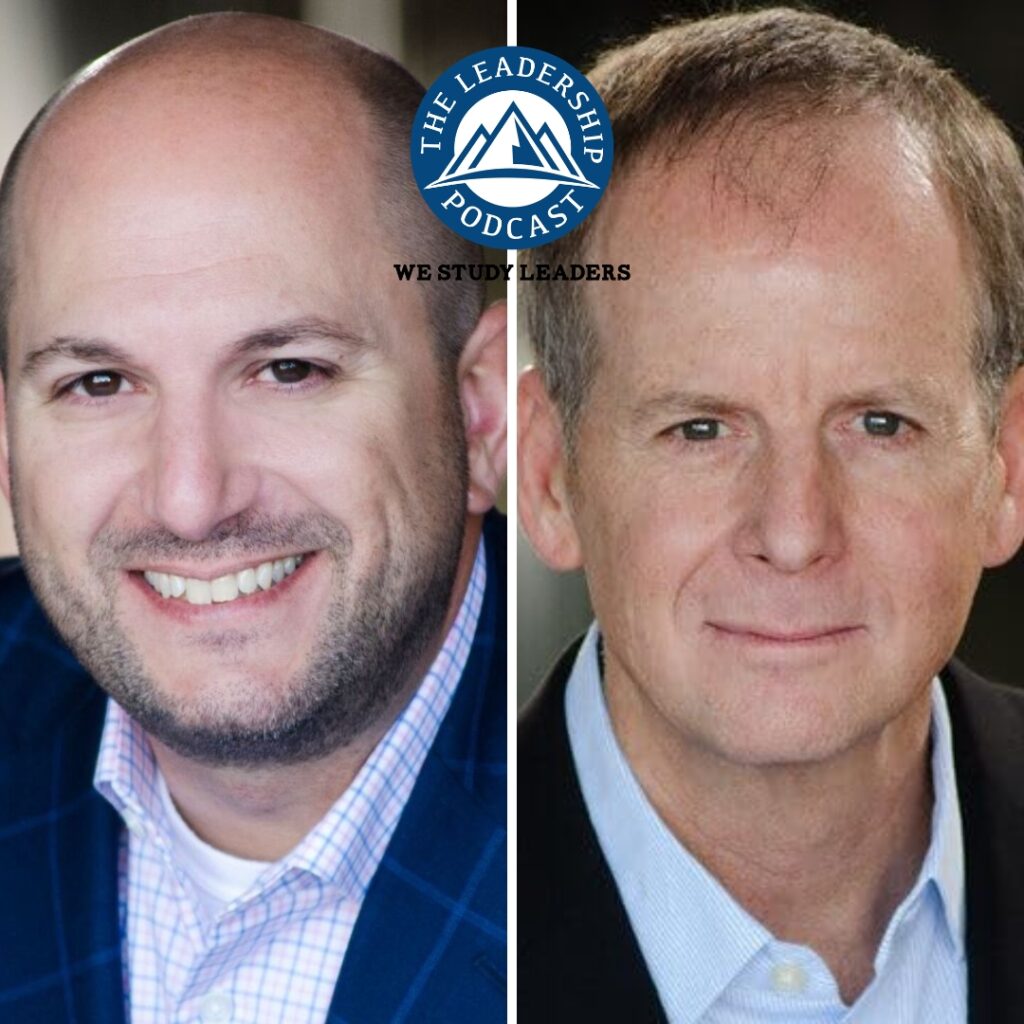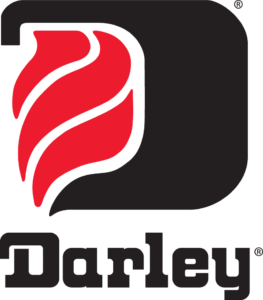
In this episode, Jim and Jan dive into the critical aspects of leadership and talent development in today’s fast-changing work environment. They discuss how companies often seek “unicorn” candidates with unrealistic expectations—and why focusing on core traits like emotional intelligence, curiosity, and continuous learning is essential.
Jim and Jan explore how hybrid work is reshaping the workplace and why relationship-building, trust, and clear expectations are key to fostering strong teams. They also examine how job seekers and employers often set themselves up for failure by chasing perfection.
Jim and Jan Jan also offer practical advice on how to set clear career and hiring expectations, why adaptability is critical, and how small shifts can create big growth opportunities.
If you’re leading a team, looking to hire, or thinking about your own career moves, this conversation offers a practical, honest look at what really matters—and what doesn’t.
Watch this Episode on YouTube | Jim & Jan on Unicorns
Key Takeaways
[01:41] Jim explained that companies often search for “unicorns”—candidates who meet every requirement, even unrealistic ones. Jan emphasized that a core leadership responsibility is attracting, selecting, and developing talent—not just hunting for perfection on paper.
[03:05] Jim and Jan agreed that many hiring managers are too focused on what candidates lack instead of what they bring. Jim pointed out that companies over-index on skills and miss out on key attributes like curiosity and a willingness to learn—traits that often matter more long term.
[06:03] Jim noted that just like companies are looking for unicorn candidates, job seekers are hoping for unicorn employers. Jan laid out four traits to watch for in great talent: passion and purpose, a mindset of continuous learning, emotional intelligence, and the ability to build strong networks.
[08:19] Jim talked about the difficulty of building relationships in a remote setting—especially without emotional intelligence and strong listening. Jan compared early career years to middle school: it’s when people learn how to navigate politics, influence, and presence. That kind of social learning took a hit during the pandemic.
[10:45] Jim predicted that smaller cities might thrive post-pandemic due to shorter commutes and easier transitions back to the office. He sees hybrid work staying, but believes 20-somethings still need in-person time to develop foundational business skills. Jan added that many teams are struggling with connection and accountability. He emphasized that relationship-building can’t be hacked—it takes real time, trust, and personal conversations about more than just work.
[14:31] Jim shared a story of young professionals rejecting work based on industry, pointing to unrealistic expectations. Jan reminded listeners that companies hire to solve problems, not to fulfill career wish lists. They discussed the importance of setting clear expectations upfront and embedding key traits like initiative into the hiring process.
[16:46] Jan stressed that avoiding early-career sacrifices often limits options later on. Jim explained that career growth follows a narrative arc: in your 20s, your value is effort; in your 40s, it’s your experience; and later, it’s wisdom. Each stage requires a different approach.
[20:08] Jim raised the issue of age bias in tech and why staying visible matters. Jan agreed—saying that visibility is key to growth. He advised looking at who gets promoted and understanding what behaviors and values those people have in common.
[23:49] Jan recommended using the Topgrading method when hiring, which emphasizes past performance over future potential. He highlighted three key things to assess: impact, influence, and cultural fit. Setting clear expectations during interviews is critical.
[26:45] Jan brought up a striking stat—the largest voting gap in the last election was between educated women and uneducated men. Jim clarified that he wasn’t suggesting anyone should “settle” in relationships. Instead, both agreed that knowing your non-negotiables is essential and that no partner—or hire—is perfect.
[27:52] Jan explained that mismatched expectations usually come down to poor communication. Most people talk more than they listen, and few ask the right questions. Interviewing is a skill—one that both sides often fail to prepare for.
[29:15] Jim encouraged listeners to focus on what really matters and avoid perfectionism. He warned that “perfect is the enemy of progress,” especially when making hiring decisions or career moves. Overthinking often leads to doing nothing.
[30:14] Jan shared a coaching example where a leader needed to clarify expectations around initiative. Not everyone grows—and if they don’t, they may no longer be a fit. He pointed out that adaptability is critical, especially in today’s ever-changing, chaotic environment. Organizations evolve fast, and employees must be willing to shift with them. Jim agreed—saying that people who enter a company with their own fixed agenda often struggle to adapt.
[32:54] And remember…“A man travels the world over in search of what he needs and returns home to find it.” – George A. Moore
The Leadership Podcast is sponsored by W.S. Darley & Company.
Founded in 1908, Darley remains a family owned and operated business, providing the highest quality equipment solutions to our country’s warfighters and firefighters.
Learn more at darley.com and darleydefense.com
Quotable Quotes
"One is to get results. Two is to behave and act according to the core values… But there’s a third leg and that third leg is to attract and select talent. And then once you have them, to develop and retain said talent." Share on X "People just aren’t finding what they’re looking for. But on the flip side, employees are also looking for the unicorn employer, you know, something that doesn’t exist." Share on X "If people aren’t able to develop power and influence in the organization, they are not going to get stuff done… They’re going to have to be able to negotiate and sell ideas." Share on X "There’s no hack to accelerate the development of relationships other than spending time with people." Share on X "The interview you're about to do is not about you. It's about their problem." Share on X "Everybody's hired for the same purpose. Get and keep customers." Share on X "A good life is lived in the service of other people." Share on X "You got to realize your value isn't from hard work, your value is from wisdom and knowledge and experience." Share on X “what really transpires between people looking for the perfect person and people looking for the perfect company is there's misaligned expectations." Share on X "So, you know, for expectations to be aligned, you know, both sides have to do their homework and prepare, ask a lot of questions, be good listeners.” Share on X "Perfect is the enemy of Progress." Share on X “not every position needs a perfect person.” Share on XResources Mentioned
- The Leadership Podcast | theleadershippodcast.com
- Sponsored by | www.darley.com
- Rafti Advisors. LLC | www.raftiadvisors.com
- Self-Reliant Leadership. LLC | selfreliantleadership.com
- TLP376: The Key to an Uncommon Company with John Harrington and Dave Pickhardt


Leave a Reply